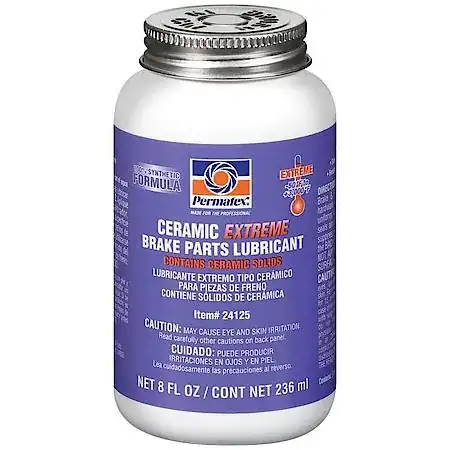I am going to do a DIY brake job on my car and am trying to sort out how to lube everything. I found this helpful list of places to lube: What brake components need to be lubricated? but it does not mention what type of lubes to use.
On my car, the manual says to use silicone grease on the pins. After reading around online, it seems like every synthetic grease I find has stories about rubber bits swelling. Is the general consensus to use real silicone on the slider pins?
Also, anything metal to metal seems more lenient. Moly is popular, and some people use anti-sieze. I saw warnings against anti-seize getting dusty, and nothing really against moly. Is something with molybdenum generally recommended?
